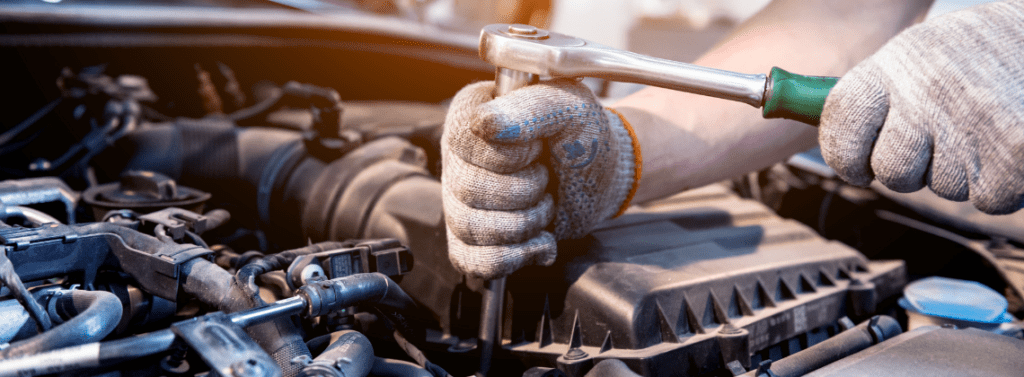Let’s talk about something that all of us have faced at one point or another – those pesky warning lights on your car’s dashboard. You know the ones I’m talking about. They pop up unexpectedly and often leave you wondering, “Is it really that serious?” Well, buckle up because we’re going to dive into why you should never ignore those warning lights.
Your Car’s Way of Saying “Help!”
First things first, think of your car’s warning lights as its way of communicating with you. These lights are like your car’s language, telling you that something needs attention. It’s like when you get a headache; it’s your body’s way of saying, “Hey, something’s not right here!” Ignoring your car’s warning lights is like ignoring your body’s signals – not a great idea.
The Most Common Warning Lights
Let’s break down some of the most common warning lights you might see:
- Check Engine Light: This one’s a biggie. It can mean a lot of things, from a loose gas cap to something more serious like a misfiring engine. Don’t panic, but don’t ignore it either. It’s worth getting it checked out.
- Oil Pressure Warning: If this light comes on, it means your car’s oil pressure is low. Driving with low oil pressure can seriously damage your engine, so this is one to address immediately.
- Brake Warning: Your brakes are kind of important, right? This light could mean low brake fluid, worn brake pads, or something more serious. Don’t risk it – get your brakes checked.
- Battery Alert: This light means your battery isn’t charging properly. It could be a faulty alternator or a dying battery. Either way, you don’t want to end up stranded with a dead battery.
- Tire Pressure Warning: Modern cars have sensors to monitor tire pressure. If this light comes on, it means one or more of your tires is under-inflated, which can affect your car’s handling and fuel efficiency.
What’s the Worst That Could Happen?
Now, you might be thinking, “Okay, but what’s the worst that could happen if I ignore a warning light for a little while?” Here’s the thing – ignoring these lights can lead to bigger problems down the road (pun intended).
- Increased Repair Costs: What might start as a small issue can turn into a major repair if ignored. For example, ignoring a check engine light might lead to costly repairs that could have been avoided with early intervention.
- Safety Risks: Some warning lights, like the brake or tire pressure warnings, are directly related to your safety. Ignoring them puts you and others on the road at risk.
- Lower Resale Value: If you plan to sell your car in the future, a history of ignored warning lights and deferred maintenance can significantly lower its resale value.
What to Do When a Warning Light Comes On
So, what should you do when a warning light comes on? Here’s a simple plan of action:
- Don’t Panic: Not all warning lights mean immediate disaster. Stay calm and assess the situation.
- Check Your Manual: Your car’s manual can give you specific information about what each warning light means and what steps to take.
- Address It Promptly: Even if the issue seems minor, it’s best to address it sooner rather than later. This can prevent further damage and save you money in the long run.
- Seek Professional Help: If you’re unsure about what a warning light means or how to fix it, take your car to a professional. They have the tools and expertise to diagnose and fix the problem.
Regular Maintenance is Key
One of the best ways to avoid seeing those warning lights is to keep up with regular maintenance. Regular oil changes, tire rotations, and brake inspections can help keep your car in tip-top shape and reduce the chances of unexpected issues.
In the end, those warning lights are there for a reason. They’re your car’s way of saying, “Hey, I need a little attention here!” Ignoring them can lead to bigger problems, higher repair costs, and even safety risks. So, the next time you see a warning light pop up on your dashboard, take it seriously. Your car (and your wallet) will thank you. And here’s the good news: PWC’s vehicle warranty products can help alleviate those high-cost maintenance fees. With our comprehensive coverage, you can address issues promptly without breaking the bank. Our warranties ensure that you’re protected from the financial burden of unexpected repairs, giving you peace of mind and keeping your car in top shape.


